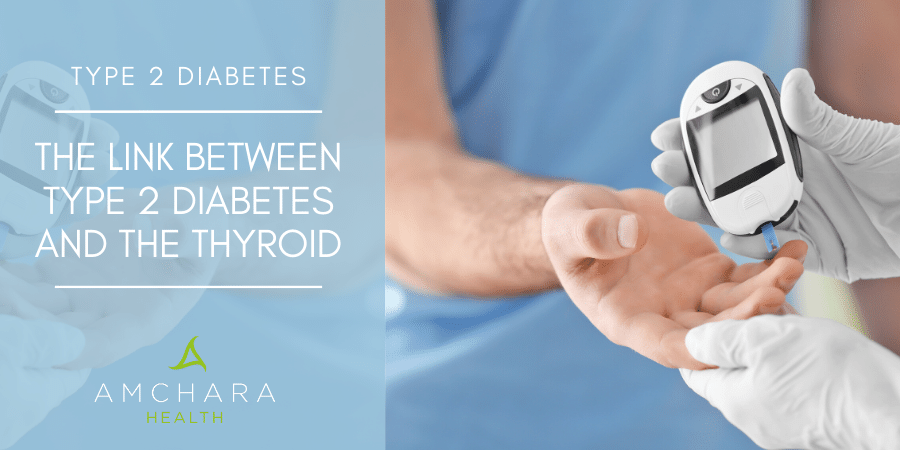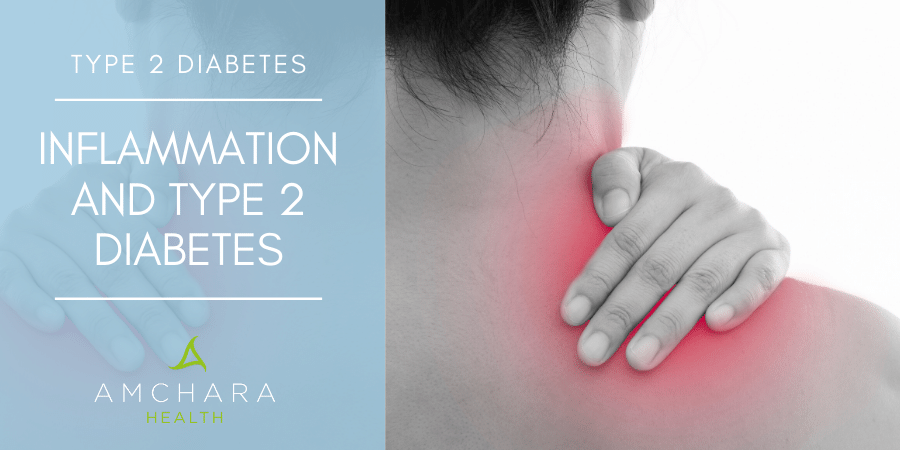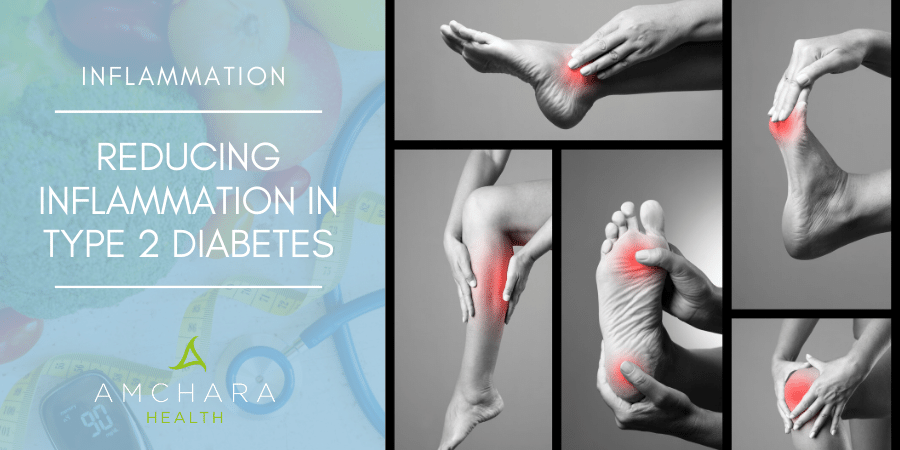Topics Covered in this article:
Many people don’t realise just how serious diabetes is.
There are a number of complications that can arise from this condition and cardiovascular disease is just one of them.
In this article, we examine the risks associated with diabetes and how you can manage the condition to improve your health and lower your chances of a heart attack.
You may or may not have diabetes but if you think it’s likely, its time to take action because heart disease is a very real risk for millions of people.
Types of Diabetes Mellitus
Diabetes is a chronic degenerative disease characterized by high amounts of glucose (sugar) in the blood.
With this condition, the body doesn’t produce enough of the hormone insulin or it becomes resistant to it.
Insulin is secreted by the pancreas and regulates blood sugar levels by transporting glucose from the blood into the cells.
1) Type 1 – Insulin-dependent juvenile diabetes
In this type of diabetes, the beta cells that produce insulin are destroyed and the body is unable to produce the insulin necessary to move glucose into the cells, subsequently the glucose spills into the urine. Glucose cannot be utilized by the body and basically starves to death.
This type of diabetes is most often found in children. Insulin injections are necessary for Type 1 diabetes to control the disease.
Typical Signs and Symptoms :
- Frequent urination
- Fatigue
- Excessive thirst
- Weakness
- Irritability
- Unusual hunger
- Nausea/vomiting
- Weight loss
2) Type 2 – Non-insulin-dependent adult-onset diabetes
Type 2 diabetes is much more common than type 1 diabetes and accounts for about 90% of all diabetes cases.
Insulin is still manufactured by the pancreas but the cells become resistant to insulin and glucose is unable to enter the cells. Type 2 diabetes is usually seen in adults.
Typical Signs and Symptoms:
- A family history of diabetes
- Tingling/numbness in feet
- Blurred vision
- Obesity
- Excessive thirst
- Excessive hunger
- An urgent need to urinate
Possible causes of diabetes
There are a number of factors that may contribute to the progression of Type 1 and type 2 diabetes:
Type1
- A genetic predisposition
- Autoimmune problems – a large percentage of Type 1 diabetics have antibodies in their blood that attack their own pancreatic cells
- Food allergies
- Viral infections – may trigger an autoimmune response
- Free radical injury of pancreatic beta cells, which produce and secrete insulin (7)
- Nitrate compounds that are commonly found in smoked and cured meats are implicated in the destruction of beta cells (8)
Type2
- A Genetic predisposition
- Obesity – 90% of adults aged between 16 and 54 with diabetes are either overweight or obese (10)
- Poor diet – high sugar, processed and refined foods, saturated fats and refined carbohydrates are major factors in the development of diabetes
- Viral infections – may trigger an autoimmune response
- Food allergies
- Stress – triggers adrenaline production, which increases blood sugar levels
Diabetes and heart conditions
There is a very strong correlation between diabetes and heart disease, if you have it you are much more likely to develop cardiovascular problems.
People with diabetes often have conditions such as high blood pressure or high cholesterol, which puts them at greater risk of developing heart disease.
In America At least 68% of people age 65 or older with diabetes die from some form of heart disease (2) whilst here in the UK, figures reveal that diabetics have a 49% higher risk of heart attacks than the rest of the population. (3)
What links diabetes and heart disease?
Diabetes causes high levels of sugar to build up in the blood, which can block and damage the blood vessels that transport oxygen and blood to and from your heart, starving the heart of vital nutrients and oxygen.
Damage to the blood vessels also makes them more likely to develop fatty deposits – known as atheroma.
If atheroma builds up in your coronary arteries it can lead to heart attacks and angina.
High blood sugar can also cause damage to the nerves that control your heart and blood vessels.
Even mildly raised blood sugar levels over a period of time, can put you at greater risk of developing cardiovascular disease.
Other factors that contribute to cardiovascular disease in diabetics
- Obesity
Being overweight or obese is strongly associated with insulin resistance especially if you carry weight around your middle and is a major risk factor for cardiovascular disease. (4)
You have too much belly fat if your waist measures
- More than 40 inches for a man
- More than 35 inches for a woman
- Abnormal cholesterol and triglyceride levels
Cholesterol is a type of fat manufactured in your liver and present in your blood. There are two kinds of cholesterol: LDL and HDL.
It is common for diabetics to have high levels of LDL (unhealthy) cholesterol and low levels of HDL (healthy) cholesterol, as well as high triglycerides (another type of fat).
This combination is often found in individuals with coronary artery disease. It is also associated with insulin resistance.
- Smoking
Whether you are diabetic or not, smoking puts you at a higher risk for heart disease, because both smoking and diabetes can narrow blood vessels. (5)
- High blood pressure (hypertension)
High blood pressure is twice as frequent in diabetics compared to healthy individuals and is commonly recognised as one of the major risk factors in heart disease. (6)
High blood pressure means your heart has to work extra hard to pump blood, which can put a strain on your heart and damage blood vessels increasing your chances of a heart attack.
Research has identified a link between high blood pressure and insulin resistance. (4)
- Physical Inactivity
The benefits of regular exercise should not be underestimated when it comes to preventing or managing diabetes.
Exercise can help to delay the onset of type 2 diabetes, as well as reduce blood pressure and thus the likelihood of heart attacks.
Moderate exercise offers the same health benefits as any other type of exercise; even housework or gardening regularly can make a difference.
Diabetes, medications and heart disease
According to research two oral drugs, which are commonly prescribed to over 6 million Americans with type 2 diabetics to control their blood glucose levels, can have serious side effects. (1)
Both medications can cause or worsen heart failure and pulmonary edema (fluid in the lungs).
These prescription drugs are among a class of drugs known as thiazolidinediones and are frequently recommended to patients that cannot take metformin.
Problems with these medications came to light after investigations identified patients taking them had experienced shortness of breath, swelling of the feet and weight gain, all signs and symptoms of congestive heart failure and edema.
After stopping the medications and administering diuretics the symptoms disappeared.
How to manage diabetes and prevent heart disease
If you’ve been diagnosed with diabetes it is essential that you control your blood sugar levels, your blood pressure and cholesterol levels if you want to lower your risk of cardiovascular disease.
If you can do this not only will you lower your risk of cardiovascular disease but also you will also greatly improve your mental and physical wellbeing and may even be able to reduce the medication you are taking.
Follow this five-step plan:
1. Exercise regularly
30 minutes a day, 5 days a week of moderate exercise is all you need to do to gain health benefits and reduce your risk of cardiovascular disease.
Activities like walking, dancing or gardening are free and easy to fit into your daily life.
Muscle strengthening activities at least 2 days a week can offer additional health benefits.
2. Eat healthy balanced nutrition
The biggest culprits for diabetes are saturated fats and simple sugars (these quickly raise blood glucose levels).
It makes sense to prioritise removing or significantly reducing any refined or processed foods that contain these ingredients from your daily diet.
They are often hidden in many foodstuffs so try and avoid:
- Ready meals – curries, Chinese, etc. – can have high levels of sat fats and hidden sugars to enhance flavour
- Snacks – crackers, crisps, biscuits etc.
- Sugar sweetened drinks
- Fruit juice – naturally contains high levels of fruit sugars
- White bread, rice and pasta (refined grains)
- Potatoes – especially fried- raise blood sugar levels rapidly
- High sugar breakfast cereals
- Fruity yogurts (natural is fine – add your own fresh fruit)
- Processed meats such as salami and sausages
- Honey, maple syrup, agave nectar (all raise blood sugar levels despite being natural alternatives to white table sugar)
- Dried fruits – have concentrated nutrients but also concentrated sugar!
- Red meat and high-fat dairy products – high in sat fats
On the plus side, there are plenty of other foods to enjoy that won’t play havoc with your blood sugar levels, especially if you make sure that you combine proteins with slow releasing complex carbohydrates and healthy fats at each meal.
Foods you can include:
- Complex carbohydrates – release their sugars more slowly into the circulation, try: whole grain and stone ground wheat, oats, rye, buckwheat, Quinoa, millet, sweet potatoes, yam, corn, butter beans, brown or basmati rice, butternut squash.
- Good quality protein – chicken, fish, turkey, low fat cottage cheese, low fat natural yogurt, tofu, beans, lentils.
- Vegetables – a good variety at least 5 portions a day
- Fruit – a good variety, include them in your 5 a day
- Healthy fats – olive oil, rapeseed oil, nut oils, avocado – these are high in calories too so should be kept to a minimum if you need to lose weight
- Nuts and seeds – all types but eaten in moderation due to high calorie count
- Herbs and spices – can help to make meals more interesting in the absence of sugar and fat
3. Give up smoking
Being physically active should be easier and your circulation, blood glucose, blood pressure and cholesterol levels may improve too.
4. Manage stress
Long-term stress can raise your blood sugar levels and blood pressure, but this can be managed through exercise, meditation, breathing exercises, listening to calming music, yoga or a favourite hobby. (Read: Anti-Stress Diet Tactics)
5. Control your weight
Weight loss can help to lower your glucose levels, increase insulin sensitivity and decrease your risk for heart disease.
Studies show that in both overweight and obese patients with type 2 diabetes, sustained moderate weight loss improves blood sugar control and reduces the need for glucose lowering prescription drugs. (9)
If you find this difficult to do and need help, a health retreat like Amchara is the perfect place to find motivation and guidance.
We’re dedicated to providing you with both insightful information and evidence-based content.
Did you find this article useful?
We’d love to hear your thoughts, get in touch!
Jacqueline Newson BSc (Hons) Nutritional Therapy
READ NEXT:





